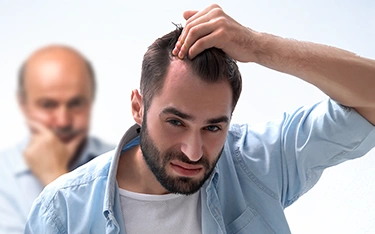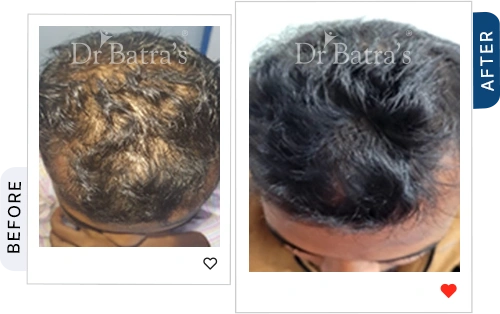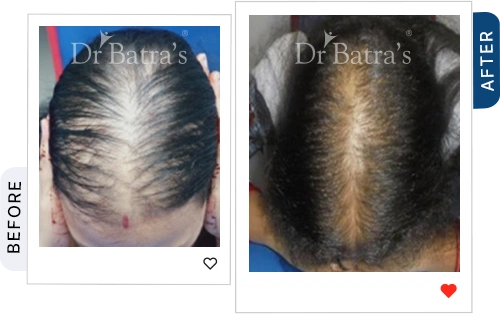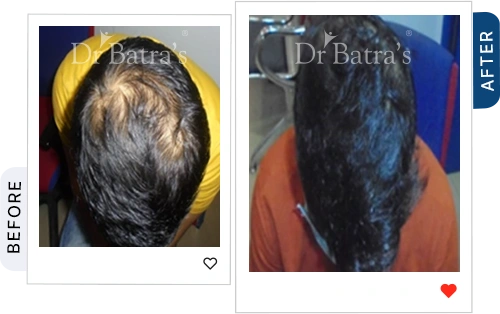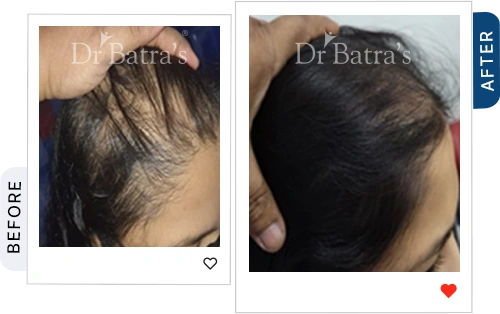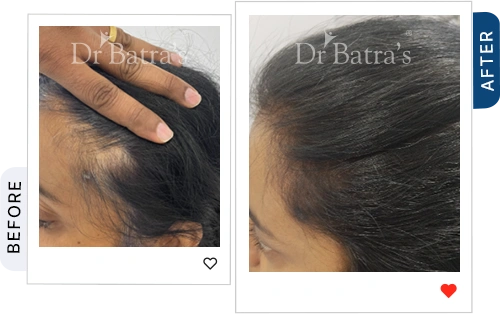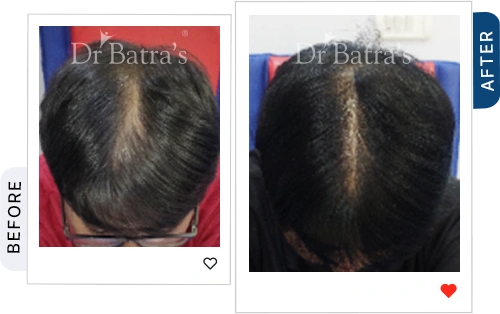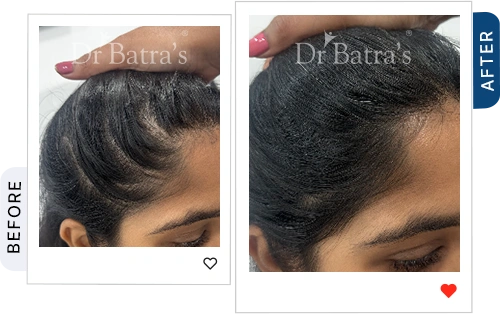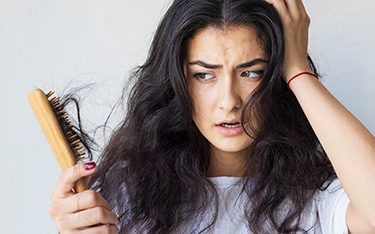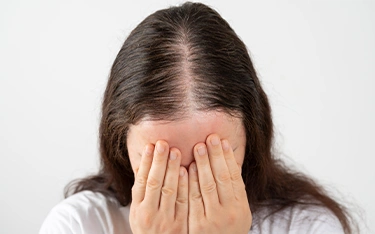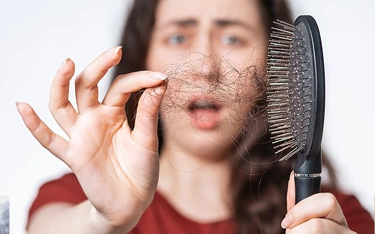FAQs
While complete reversal is rare, natural treatments like homeopathy, scalp massages, a nutrient-rich diet, and DHT-blocking herbs can slow down thinning and promote regrowth.
Key remedies include homeopathic medicine for hair loss, essential oils (rosemary, peppermint), onion juice, scalp massages, and a diet rich in iron, biotin, and omega-3.
Yes! Consuming foods high in protein, biotin, zinc, and vitamin D strengthens hair follicles and helps slow down hair thinning.
Absolutely! Chronic stress increases hair fall. Meditation, yoga, and regular exercise improve blood circulation to the scalp and support hair health.
Yes! Green tea, pumpkin seeds, saw palmetto, and flaxseeds are known to reduce DHT levels, which helps in slowing down genetic hair loss.
Homeopathy treats the root cause by balancing hormones, improving scalp health, and strengthening hair follicles for long-term hair regrowth.
Yes, regular scalp massages with essential oils improve blood circulation, nourish hair follicles, and support healthy hair growth
Definitely! Drinking enough water and getting 7-8 hours of sleep daily helps maintain scalp hydration and hormonal balance, preventing excessive shedding.
To help manage genetic hair loss naturally, maintain a healthy diet rich in protein, iron, and vitamins (like biotin), reduce stress through yoga or meditation, use gentle hair care products, and apply natural oils like rosemary or coconut oil. Regular scalp massage can also improve blood circulation.
Yes! Using a mix of natural remedies like diet, stress management, scalp massage, and homeopathy often delivers better, more sustainable results over time.
